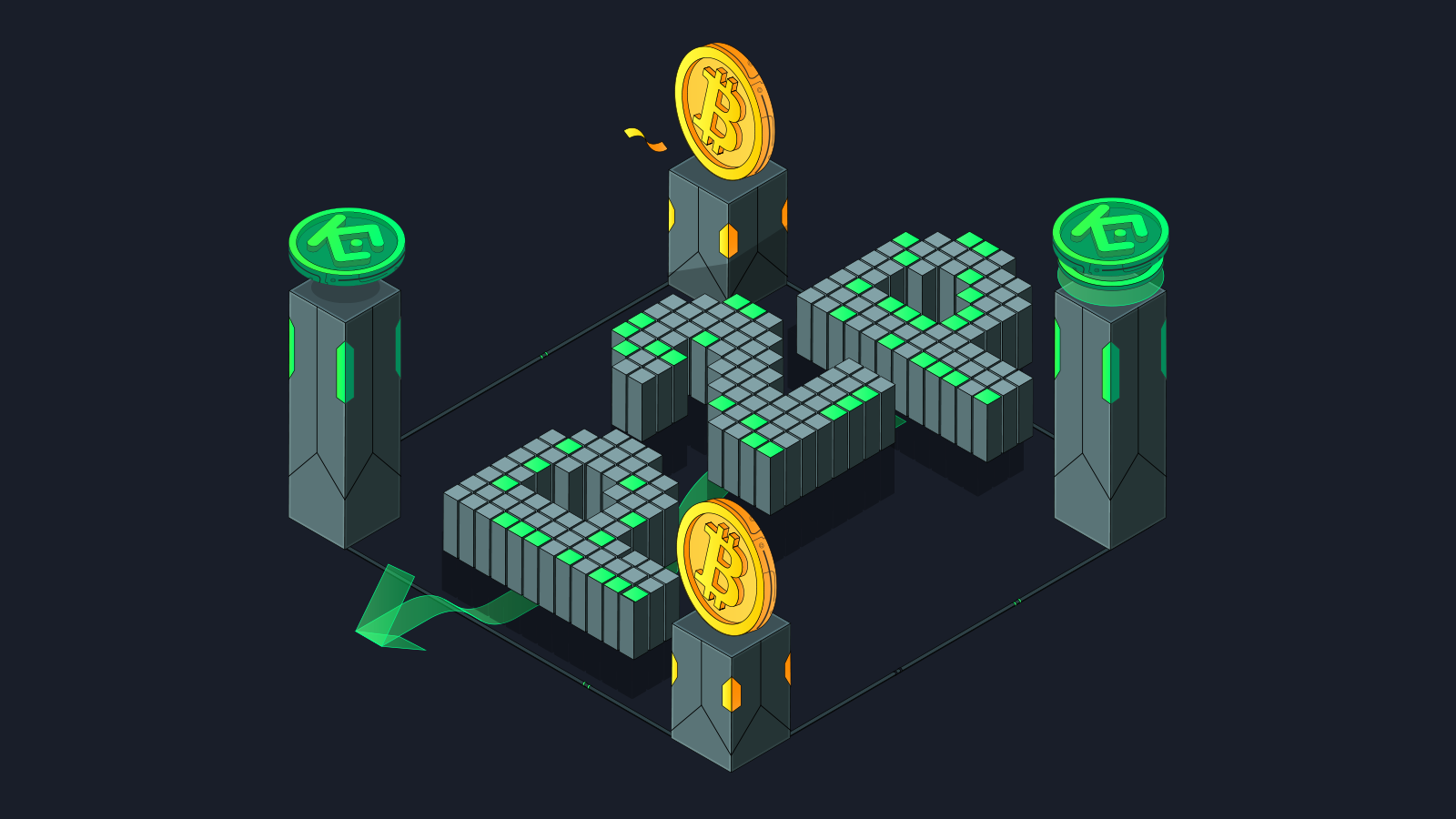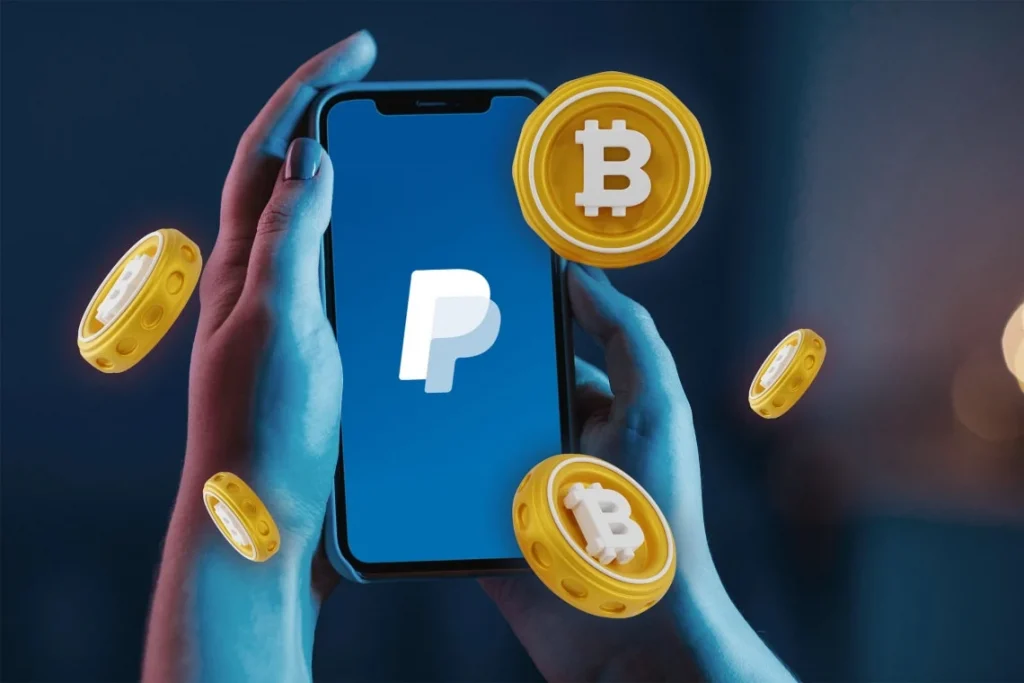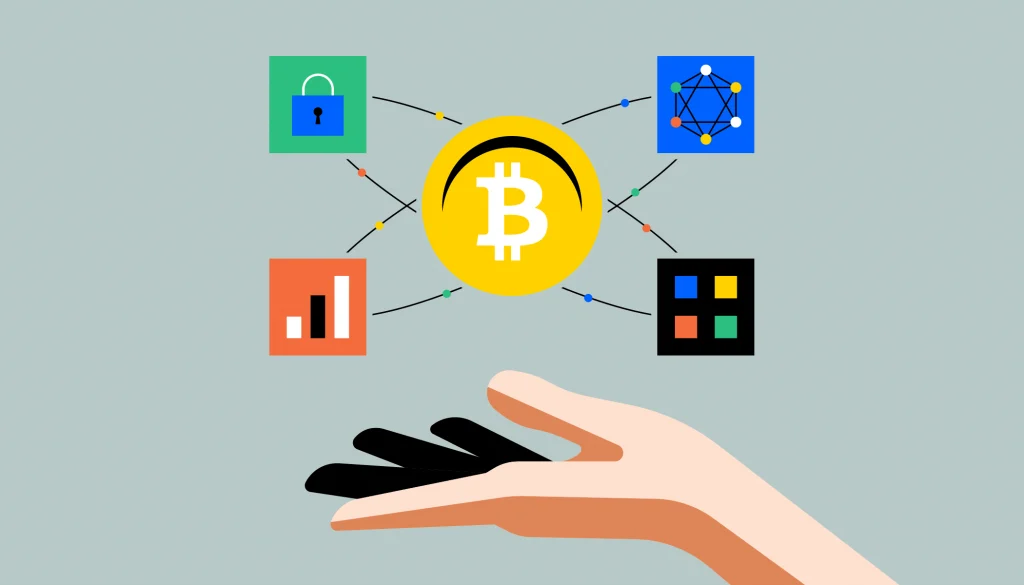
PayPal Crypto Reviews: A Comprehensive Look at the Platform’s Cryptocurrency Services
By Deeprivermedia
- News ,
- 22 Jul
With the growing popularity of cryptocurrencies, major financial platforms are beginning to integrate crypto services into their offerings. PayPal, a pioneer in digital payments, is one of the most significant companies to enter the crypto space. Since its launch of cryptocurrency services in late 2020, PayPal has enabled millions of users to buy, sell, and hold digital assets directly from their PayPal accounts. This article provides a detailed review of PayPal’s crypto services, evaluating its features, usability, fees, and overall impact on the crypto market.
Overview of PayPal’s Cryptocurrency Services
PayPal’s foray into the world of cryptocurrency was a significant milestone in the mainstream adoption of digital assets. Initially available only to U.S. users, the service has since expanded to several other countries, allowing a growing number of people to interact with cryptocurrencies in a familiar environment.
PayPal currently supports four major cryptocurrencies:
- Bitcoin (BTC)
- Ethereum (ETH)
- Litecoin (LTC)
- Bitcoin Cash (BCH)
These options cover the most well-known and widely used digital currencies, providing users with a solid foundation for entering the crypto market.
How PayPal’s Crypto Services Work

PayPal’s crypto service is designed with simplicity and ease of use in mind. Here’s a step-by-step guide on how it works:
- Accessing the Crypto Tab: Users can access the crypto services via the “Crypto” tab in their PayPal app or website. This tab provides an overview of the available cryptocurrencies and current market prices.
- Buying Cryptocurrency: To purchase crypto, users simply select the cryptocurrency they wish to buy, enter the amount they want to spend, and confirm the transaction. PayPal allows purchases starting from as little as $1, making it accessible to a broad audience.
- Selling Cryptocurrency: Selling is just as straightforward. Users can choose the amount they wish to sell and receive the equivalent value in their PayPal balance, which can then be used for other transactions or withdrawn to a bank account.
- Holding and Monitoring: Users can hold their purchased cryptocurrencies within PayPal’s secure environment. The platform provides real-time data and price charts, allowing users to monitor their investments.
- Using Crypto for Payments: One of PayPal’s unique features is the ability to use cryptocurrency as a funding source for purchases. When making a purchase, users can choose to pay with their crypto balance, which PayPal automatically converts to fiat currency at the point of sale.
User Experience and Interface
One of PayPal’s strongest selling points is its user-friendly interface. The platform’s design is clean, intuitive, and easy to navigate, even for those new to cryptocurrency. The integration of crypto services within the existing PayPal ecosystem means that users do not need to learn a new platform or process.
PayPal also provides educational resources, such as articles and FAQs, to help users understand the basics of cryptocurrency. This is particularly beneficial for beginners who may be unfamiliar with the complexities of digital assets.
Security and Privacy
Security is a critical consideration when dealing with cryptocurrencies, and PayPal has implemented robust measures to protect users’ funds and personal information. Key security features include:
- Encryption: PayPal uses advanced encryption technology to secure transactions and protect user data.
- Two-Factor Authentication (2FA): Users can enable 2FA for an added layer of security, requiring a second form of verification before accessing their accounts.
- Buyer and Seller Protection: While these protections do not apply to crypto transactions, PayPal’s reputation for secure and reliable services extends to its crypto offerings.
However, it’s important to note that users do not have access to their private keys when holding cryptocurrencies on PayPal. This means that while PayPal secures the assets, users do not have full control over their crypto holdings, a key tenet of cryptocurrency philosophy.
Fees and Costs
PayPal’s fee structure for crypto transactions is transparent but not the cheapest on the market. Fees are based on the transaction amount:
- Purchases and Sales: PayPal charges a percentage-based fee for buying and selling crypto, which varies depending on the transaction amount. For transactions under $25, the fee is 2.3%, while it decreases for larger transactions, with a 1.5% fee for transactions over $1,000.
- Conversion Fees: When using crypto for purchases, PayPal converts the crypto to fiat currency at the point of sale. The conversion rate includes a spread, which can vary and is not always the most competitive compared to dedicated crypto exchanges.
While these fees are higher than those on some dedicated cryptocurrency exchanges, they are comparable to other mainstream platforms like Coinbase or Robinhood. The convenience and security of using PayPal, especially for those already within its ecosystem, may justify the higher fees for many users.
Pros and Cons of PayPal’s Crypto Services
Pros:
- Ease of Use: PayPal’s platform is incredibly user-friendly, making it accessible to people who may be new to cryptocurrency.
- Security: PayPal’s established reputation and robust security measures provide users with confidence when buying, selling, and holding crypto.
- Integration with PayPal Ecosystem: Users can manage their cryptocurrency alongside other PayPal features, such as sending money, shopping online, and more.
- Educational Resources: PayPal offers resources to help users learn about cryptocurrency, making it easier for beginners to get started.
Cons:
- Higher Fees: PayPal’s fees for crypto transactions are higher than those on some other platforms, which may deter cost-conscious users.
- Lack of Private Key Control: Users do not have access to their private keys, meaning they do not have full control over their cryptocurrencies.
- Limited Cryptocurrency Options: While the supported cryptocurrencies cover the basics, the selection is limited compared to dedicated exchanges, which offer a broader range of assets.
The Impact of PayPal on Cryptocurrency Adoption

PayPal’s entry into the crypto space has had a significant impact on the broader adoption of cryptocurrency. By offering crypto services to its vast user base, PayPal has introduced millions of people to digital assets, many of whom may not have ventured into the crypto world otherwise.
The ability to buy, sell, and hold cryptocurrency within a familiar and trusted platform lowers the barriers to entry for new users. This, in turn, has helped drive mainstream acceptance and interest in cryptocurrency, contributing to its growth and legitimacy.
Additionally, PayPal’s decision to allow cryptocurrency as a payment option at checkout is a major step toward the practical use of digital currencies in everyday transactions. This feature, combined with PayPal’s global reach, could help pave the way for broader acceptance of crypto as a viable form of payment.
PayPal’s crypto services offer a convenient and secure way for both new and experienced users to engage with cryptocurrencies. While the platform’s fees are higher than some alternatives, the ease of use, integration with PayPal’s existing features, and robust security measures make it an attractive option for many.
However, the lack of private key control and limited cryptocurrency options may be a drawback for more serious crypto enthusiasts who prioritize full control and a wider selection of assets. Overall, PayPal’s entry into the crypto market is a positive development that has the potential to further drive the mainstream adoption of digital currencies.
As PayPal continues to evolve its crypto offerings, it will be interesting to see how the platform adapts to the rapidly changing cryptocurrency landscape and what new features and capabilities it might introduce in the future.



